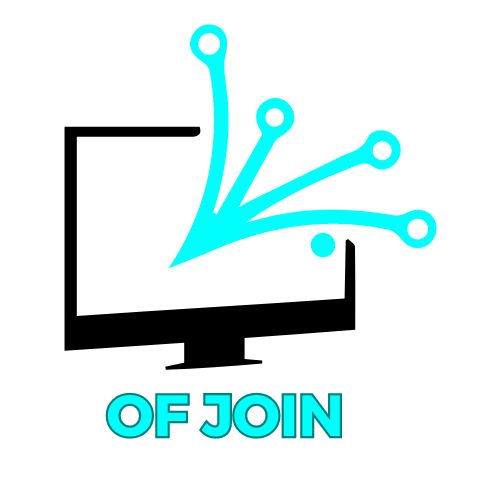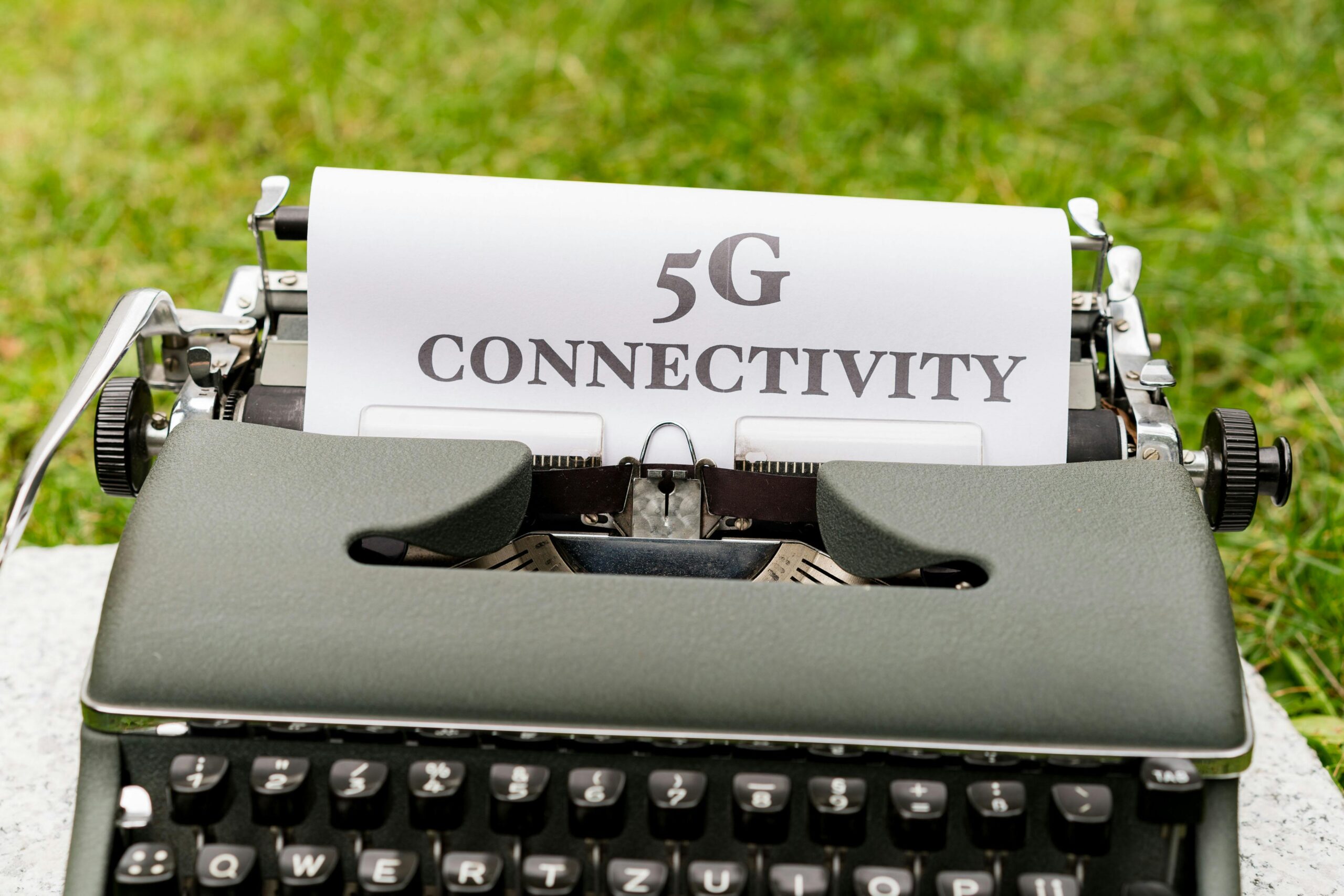5G Beyond Speed: What Ultra-Connectivity Means for Remote Work and Global Teams
When most people hear about 5G, they immediately think of faster downloads, smoother streaming, and better mobile gaming. While speed is certainly part of the story, the real power of 5G lies in its ability to transform the way we work, collaborate, and connect globally. For businesses with remote teams, freelancers, or multinational operations, 5G represents more than just a technology upgrade—it’s a foundation for a new era of ultra-connectivity.
What Makes 5G Different?
5G, the fifth generation of mobile networks, is not just about delivering higher bandwidth. Its true strengths are:
- Low Latency – 5G reduces lag time dramatically, enabling near real-time communication.
- Massive Device Connectivity – Unlike 4G, which struggles with crowded networks, 5G supports billions of devices simultaneously.
- Reliability – Stronger and more stable connections mean fewer dropped calls or frozen screens.
These improvements go far beyond entertainment—they are game-changers for business operations and team collaboration.
Remote Work in the 5G Era
The pandemic accelerated the adoption of remote and hybrid work models, but connectivity challenges remain. Laggy video calls, frozen screens, and unstable connections have been common frustrations. With 5G, these obstacles shrink dramatically.
- Seamless Video Conferencing – Teams will experience smoother, uninterrupted meetings, even with large groups.
- Enhanced Collaboration Tools – Cloud-based platforms like Slack, Teams, or Zoom will perform more efficiently, supporting simultaneous collaboration without delay.
- Virtual Offices in Real Time – With near-instantaneous connections, remote work can feel as dynamic and interactive as being in the same room.
The Global Team Advantage
For international teams, time zones are not the only challenge—network stability is another. Many regions struggle with slow internet speeds, limiting access to digital collaboration. As 5G expands worldwide, businesses can expect more equitable connectivity, giving employees in developing regions the same digital opportunities as those in major tech hubs.
This democratization of access allows companies to tap into global talent pools with fewer barriers. A designer in Lagos, a coder in Manila, and a strategist in Berlin can collaborate as smoothly as colleagues in New York.
Beyond Remote Work: New Possibilities
The benefits of 5G for work go beyond current tools. It opens doors to innovations that redefine the workplace:
- Augmented and Virtual Reality (AR/VR)
5G enables immersive collaboration. Imagine architects in different countries walking through the same 3D building design in real time, or trainers using VR headsets to onboard employees virtually. - IoT-Enabled Workspaces
Internet of Things (IoT) devices—like smart sensors, connected whiteboards, and AI assistants—become more reliable under 5G, creating intelligent work environments that adapt to team needs. - Cloud-Powered Workflows
Ultra-reliable connections mean even data-heavy industries like film editing or engineering can operate entirely in the cloud, eliminating the need for local servers or storage.
Challenges to Consider
Of course, 5G adoption won’t happen overnight. Infrastructure costs are high, and coverage will roll out unevenly across countries and regions. Security is another concern, as more connected devices mean greater exposure to cyber risks. Businesses will need to adopt strong cybersecurity measures alongside 5G to protect sensitive data.
The Future of Work with 5G
As 5G networks expand, the definition of the workplace will continue to evolve. Remote work won’t just be a backup plan—it will become the standard in many industries. Teams will collaborate more effectively across borders, businesses will gain access to broader talent pools, and innovative technologies will reshape daily workflows.
5G is about more than speed—it’s about creating an infrastructure for a hyper-connected world. For businesses, it means reimagining how remote work and global teams operate. As connectivity barriers fall, opportunities for innovation, collaboration, and growth will rise.
The companies that embrace 5G early will not only improve productivity but also gain a competitive edge in building the truly global, flexible, and inclusive workplaces of the future.







